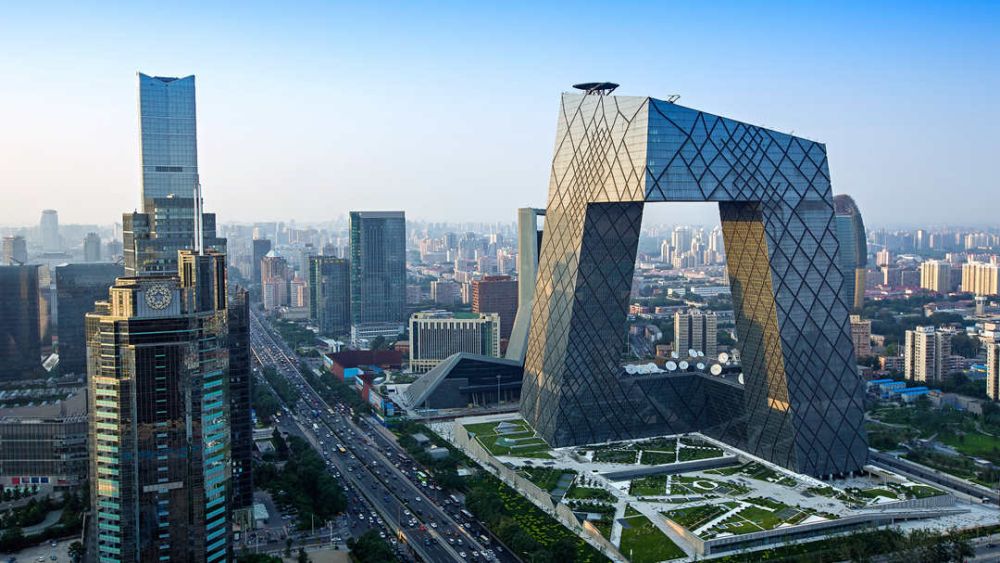

Beijing, the capital city of China, has a rich history dating back over 3,000 years. As one of the four great ancient capitals of China, it has been the seat of power for several dynasties and is known for its historical significance and cultural heritage, making it a vital component of the tourism industry in China.
Tourism in Beijing began to take shape with the end of imperial rule in the early 20th century. Foreign visitors and scholars started coming to the city, attracted by its historical landmarks like the Forbidden City, the Temple of Heaven, and the Summer Palace.
The establishment of the People's Republic of China in 1949 led to increased control over tourism, which was used as a means to promote ideological goals. This period saw a focus on domestic travel and limited international visits.
However, with the reform and opening-up policies initiated by Deng Xiaoping in the late 1970s, Beijing's tourism industry experienced significant changes. In 1987, UNESCO designated several of Beijing's sites as World Heritage Sites, which boosted international awareness and tourist interest.
The turn of the millennium marked a rapid growth in Beijing's tourism infrastructure, with an emphasis on modernizing facilities and improving services to accommodate an international audience. The 2008 Beijing Olympic Games were a pivotal moment, showcasing the city's rich culture and modern ethos to the world. This event alone served to significantly increase tourist numbers and solidify Beijing's status as a global tourist destination.
Today, Beijing is among the most visited cities in the world. The government continues to invest heavily in tourism, with the recent completion of the Beijing Daxing International Airport designed to cater to the ever-growing number of foreign and domestic tourists. The city's blend of ancient traditions and a rapidly evolving urban landscape make it a unique destination for travelers.
The onset of the COVID-19 pandemic in late 2019 brought about an unprecedented challenge to the tourism sector worldwide, and Beijing was no exception. Tourism numbers plummeted due to international travel restrictions and domestic lockdowns. However, recovery efforts are ongoing, with the city gradually reopening its doors to tourists while implementing stringent health and safety protocols.
Beijing's tourism industry is gearing towards sustainable tourism, emphasizing not only economic benefits but also the conservation of cultural sites and minimization of environmental impacts. With an eye on the future, Beijing seeks to continue to welcome the world to its remarkable city, ensuring a balance between preserving its rich heritage and embracing innovation.